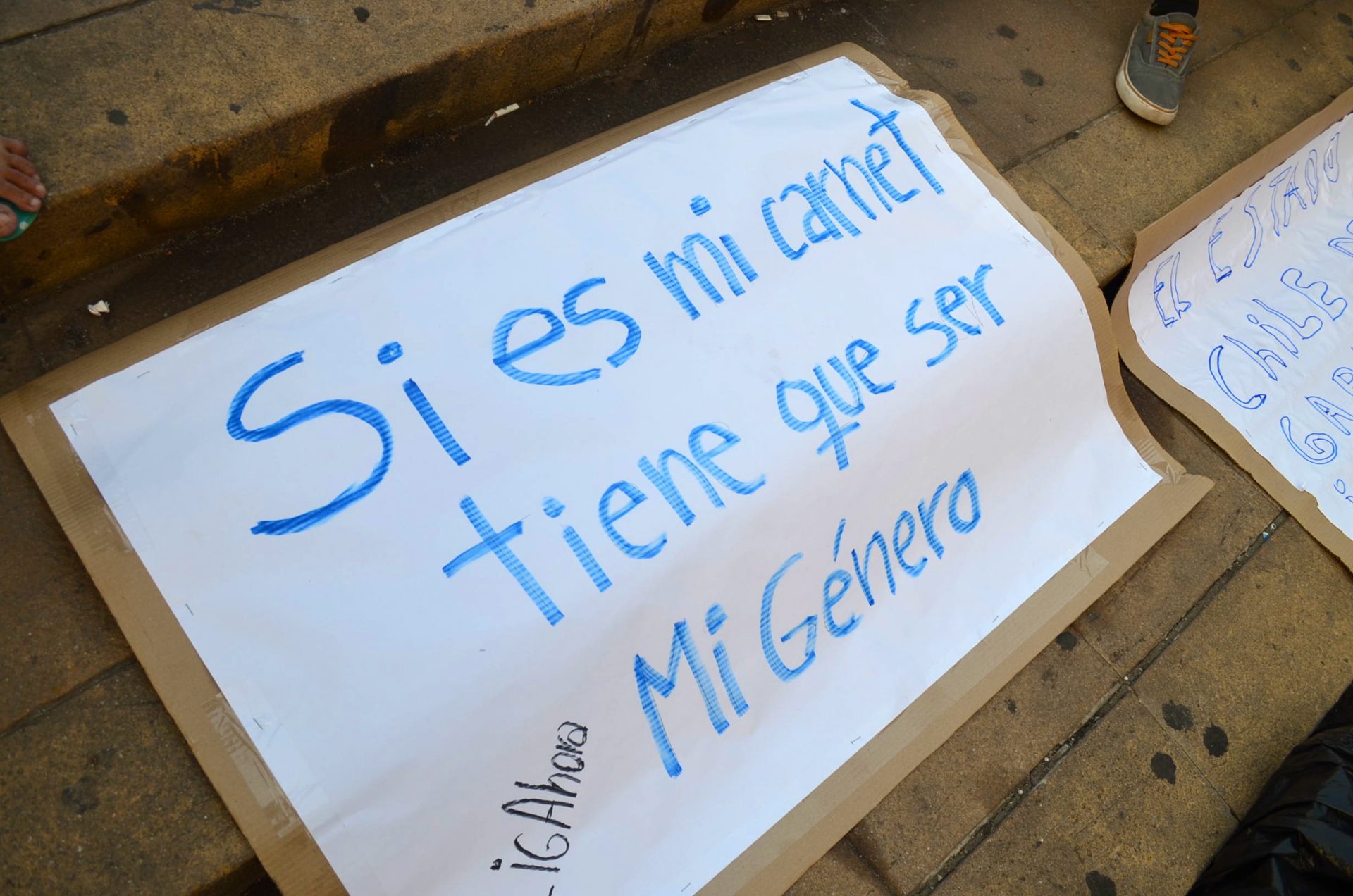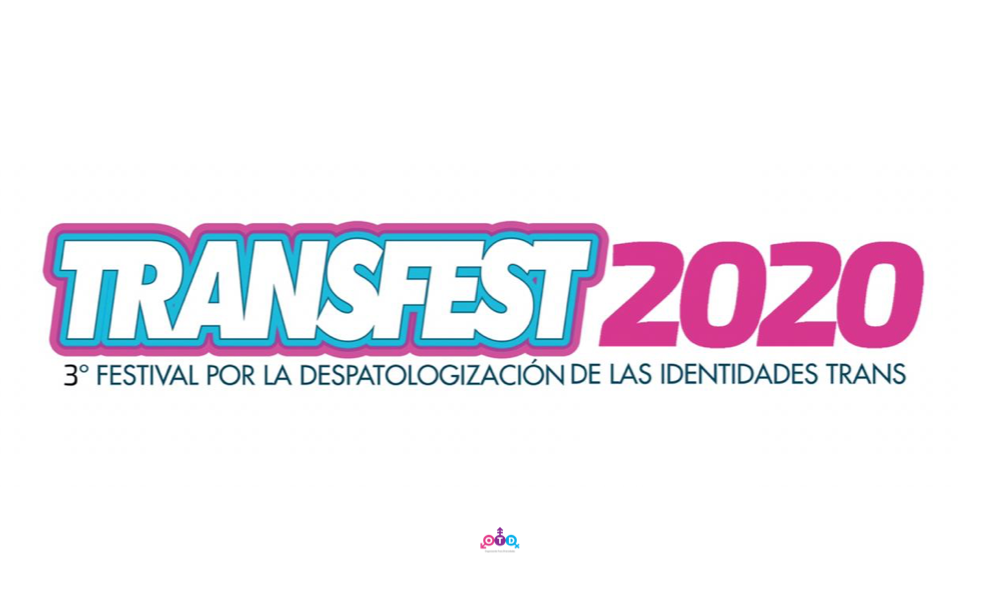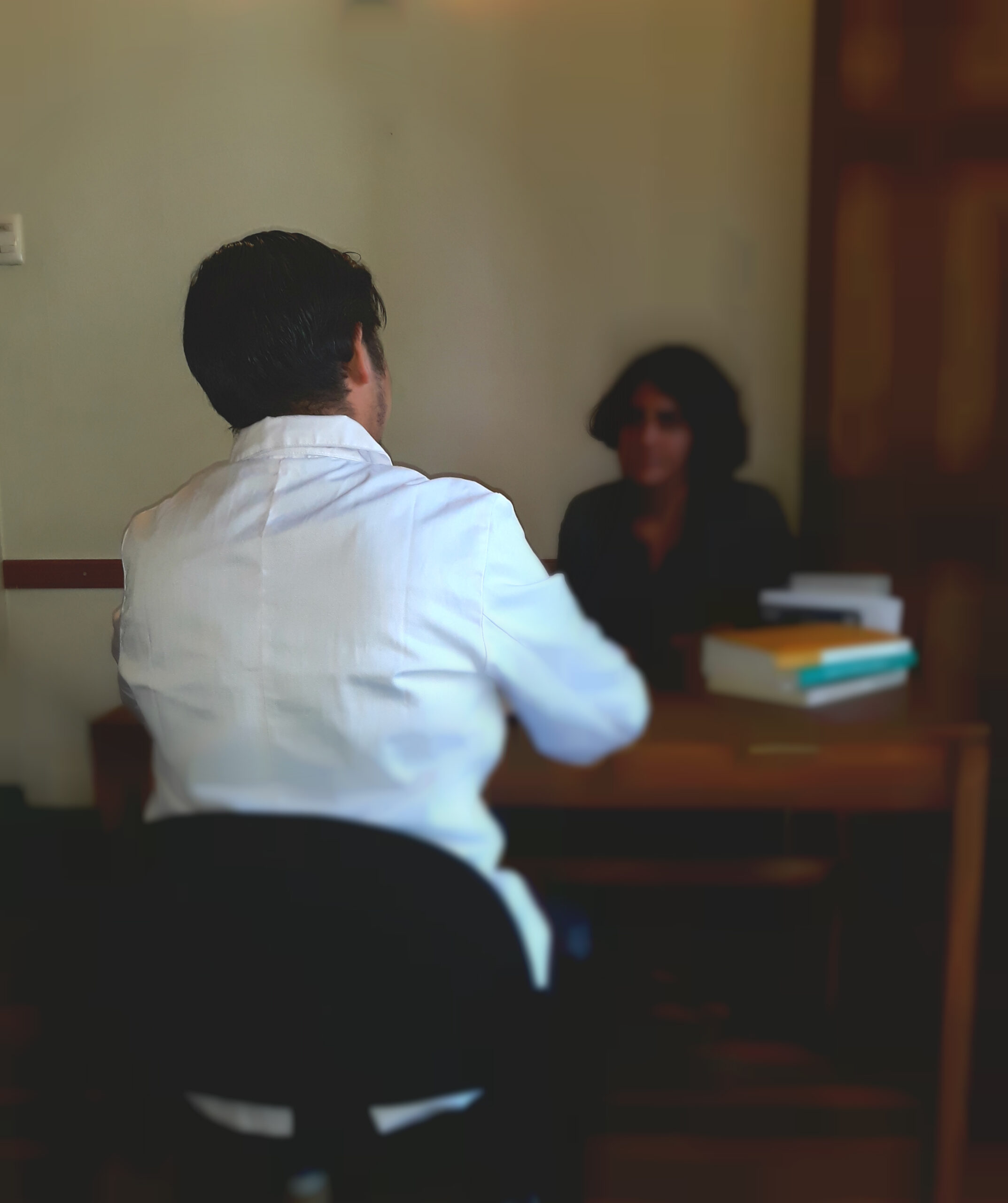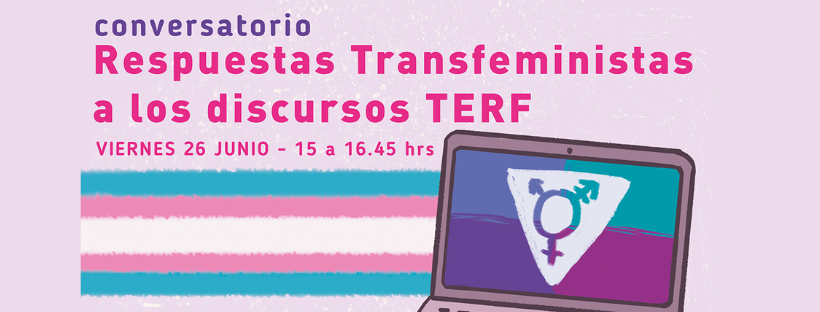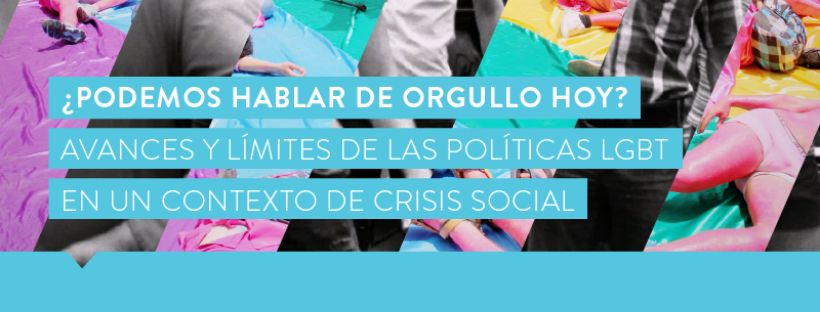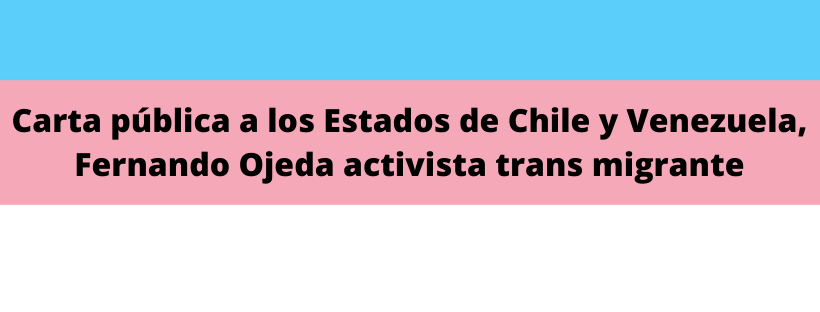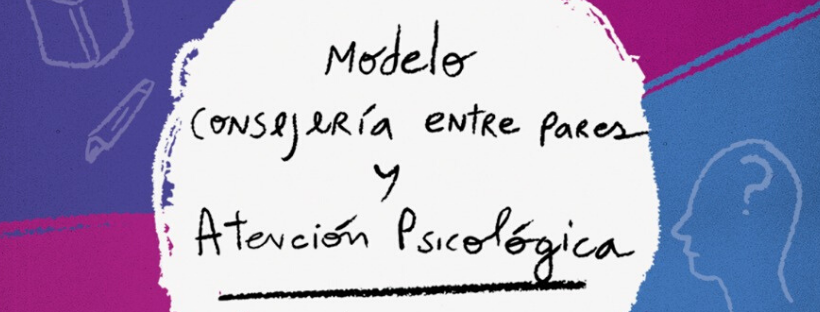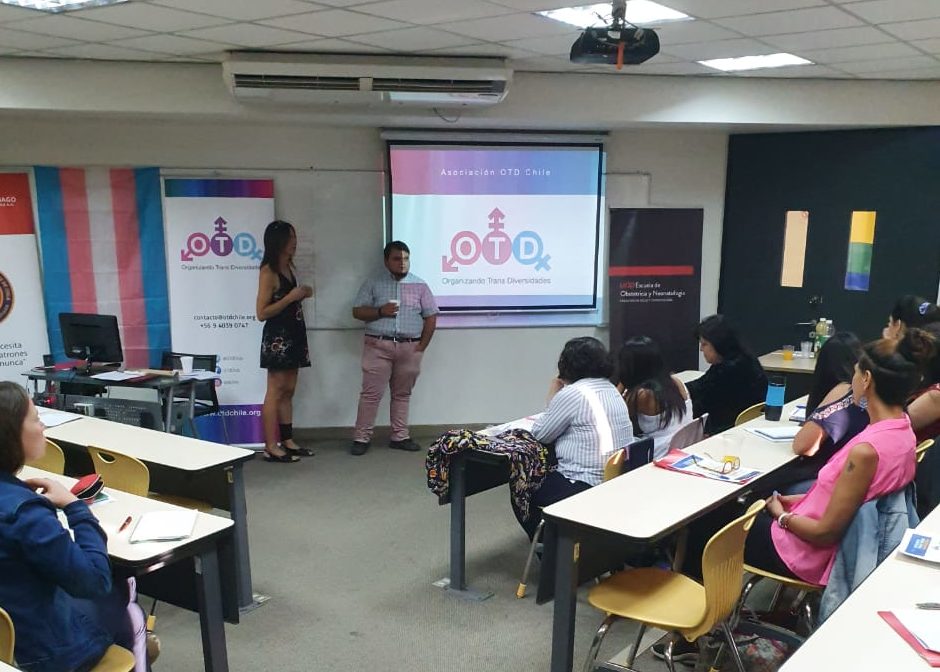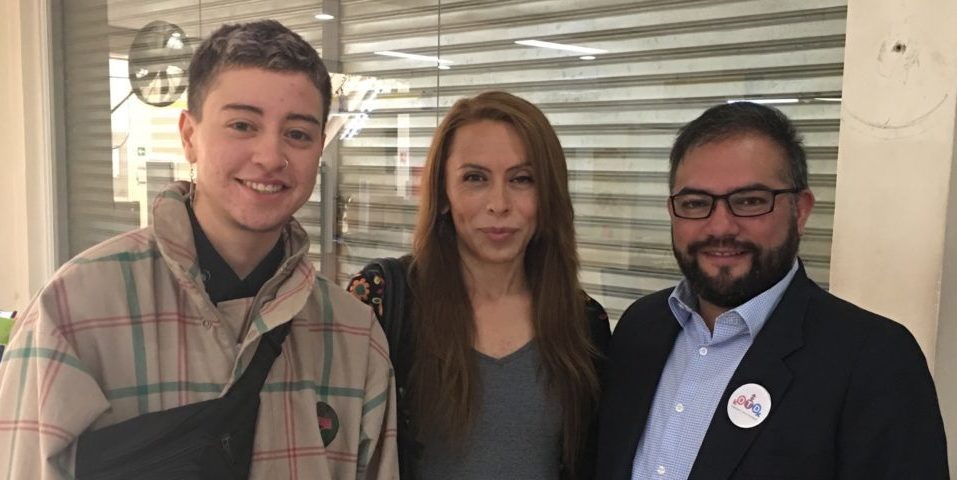This Friday 26th of October the Faculty of Law of the University of Chile will formalise a collaboration agreement with OTD Chile, after that since 2009 the Legal Clinic, leaded by Lorena Lorca, has worked for free to change the name and the sex of trans persons.
In total there have been 320 cases of which Lorca and his students have won in all these years, an initiative that began with the will of one of the most demanding teachers of the Faculty. They have never lost a case and have reached the Supreme Court in two occasions. They currently have 77 cases in progress.
“It Is the first time that the Faculty of Law validates, from an institutional perspective, an agreement with OTD that should have existed for years,” said the lawyer. “I am happy because the covenant is something that OTD deserved. The Faculty must assume a commitment of permanent relationship with different groups of civil society.
With the approval of the Gender Identity Law, their work will have to be transformed, due to the persons over 18 years old will be able to change their name and sex through administrative review in the Civil Registry, while the teenagers older than 14 through judicial review in the family courts. However, children under the age of 14 were left without a procedure. “I will seek by legal means so that we can obtain that result judicially,” said Lorca.
Students of the 4th or 5th year are the ones who participate in this work. One of them is the current lawyer and assistant of the subject, Tamara Moya. “When in 2013 I took the course was not known so much of the subject. In the first class, the teacher told us the kind of cases she carries and explained who are the transgender persons”, said. “At that time it was a risky thing and totally different, we learned from scratch, because now there is more information available”.
The number of cases has increased considerably over the years, as well as the complexity of the cases, which has caused them to constantly update the application that they present to the courts. “Sometimes with the witnesses’ testimony, the psychological and psychiatric certificates, we have been able to achieve the changes of name and sex, something that before was unthinkable,” Moya said.
I opened up a whole world, I didn’t even know there were transgender people. I have learned to respect, protect and fight for diversity. Working with real cases, sharing with them, it gives us another level of knowledge”, said.
One of the cases was the trans activist, Franco López, who wait for more than two years to have a favorable sentence, something that attributed to the conservatism of the civil court number 10 of Santiago. “In the clinic I was treated very well, although the court put me all the problems that came to their mind,” said.
“Going to the University of Chile is to ensure, they have a unique experience and have never lost a case. All the students are well informed and they a good treatment with others, “he said. Although the pathologization is something of the process itself, in the case of Franco not only was the certification of a psychiatrist, he had to go to the Legal Medical Service for a psychiatric examination that prove his identity.
Another one is Luka’s case, who has five months of processing his name and sex change in the clinic. He has submitted all possible documents to advance his cause, including legal birth documents, medical and psychological certificates.
Although his case would be easy to solve with the just approved law, he can not continue waiting for his enactment. “For me this change is urgent, mainly because of the access to formal work. As long as I don’t have my identity validated in a document, look for a job is complicated, so I’ve been in casual and informal jobs. ”
For the public policy coordinator of OTD Chile, Franco Fuica, this agreement is a clear step forward for our community and organization. In OTD we do a work of accompaniment and empowerment of transgender people, we advise, deliver information, that if is not done it would be drift, so the work of the teacher Lorena and students is essential,” said.
“Many of us have changed our documents, but there is a great majority that has not yet been able to do it, for them and the children who were left without procedure in the law, we will continue fighting and opening the spaces that are necessary for the trans community in Chile to have the same rights as the cisgender population.”
Translated by: Javiera Saavedra
